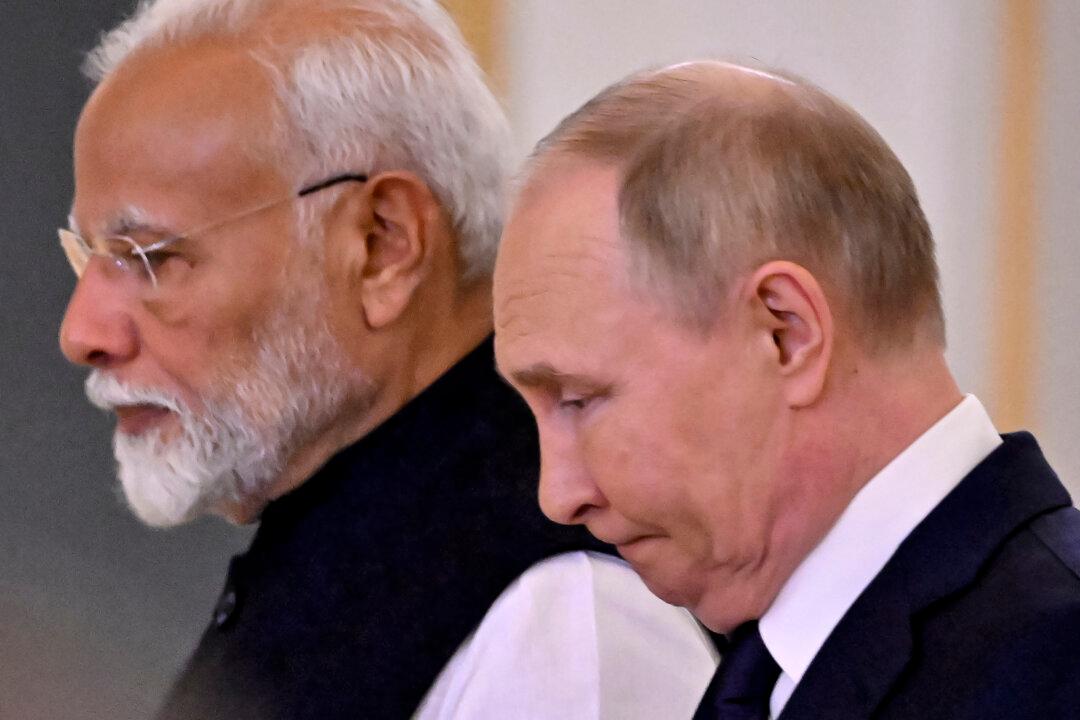Indian Prime Minister Narendra Modi will visit Ukraine later this week, on his first trip to the country since Russia invaded in February 2022.
The trip follows his meeting with Russian President Vladimir Putin in Moscow last month.

Indian Prime Minister Narendra Modi will visit Ukraine later this week, on his first trip to the country since Russia invaded in February 2022.
The trip follows his meeting with Russian President Vladimir Putin in Moscow last month.